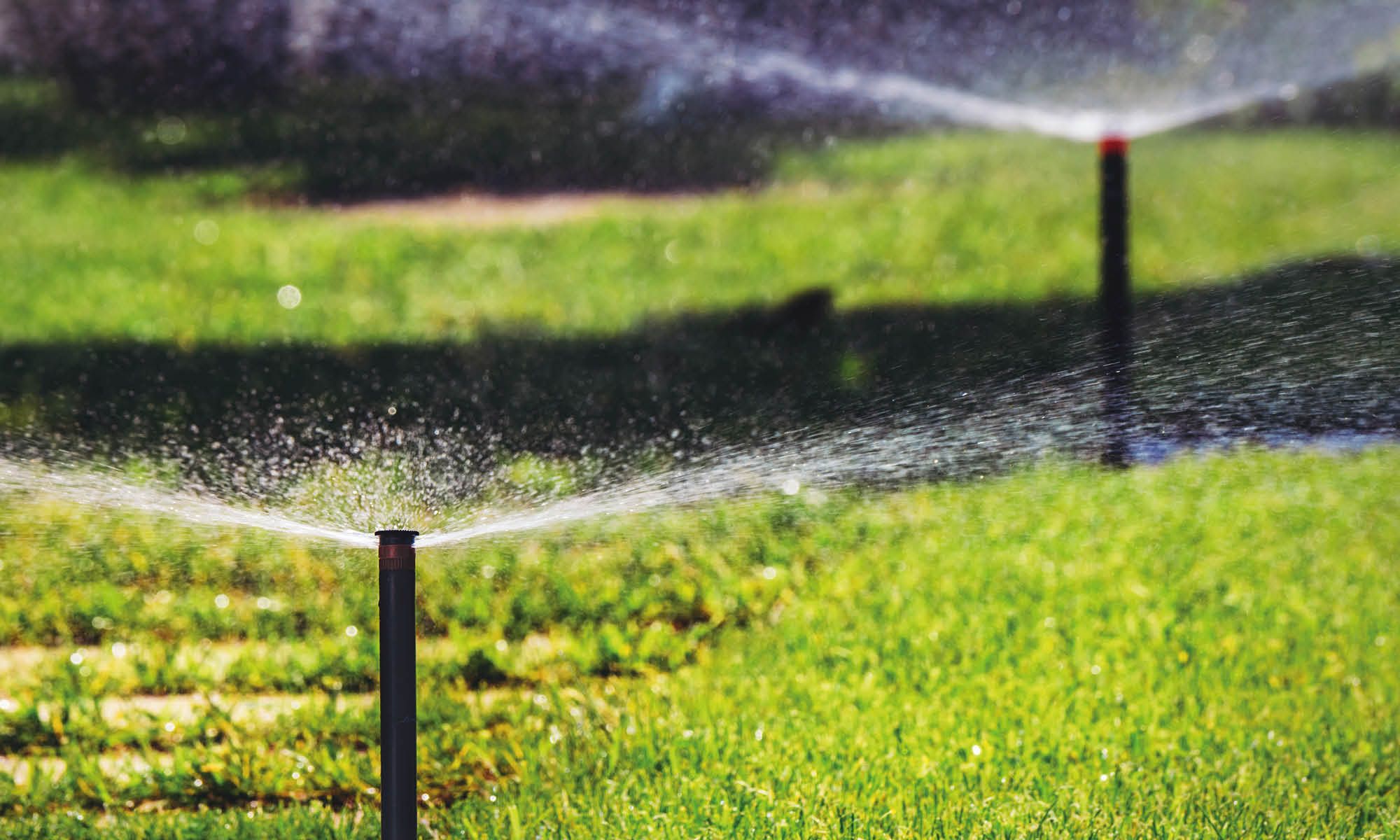
Water Conservation in Industry: Strategies and Innovations
Share
In an era where technology is reshaping industries, the importance of water conservation in industry cannot be overstated. As tech professionals and enthusiasts, understanding how technology can aid in conserving this precious resource is crucial. The demand for water in industrial processes continues to rise, making conservation efforts more critical than ever.
Industries are among the largest consumers of water, and their activities directly impact water resources. From manufacturing plants to tech firms, the need for efficient water usage is paramount. By integrating innovative solutions and strategies, companies can dramatically reduce their water footprint.

The Importance of Water Conservation in Industry
Water conservation in industry is essential for sustainability. Industries must adopt practices that reduce water usage and minimize waste. This not only aids in preserving the environment but also significantly reduces operational costs.
For tech companies, water conservation can be integrated into the broader agenda of environmental responsibility. By leveraging technology, industries can monitor and manage their water usage more effectively. IoT devices, for instance, provide real-time data on water consumption, helping companies make informed decisions.
Technological Innovations in Water Conservation
One of the most promising areas of innovation is the use of smart technologies. Devices that track water usage, detect leaks, and automate processes can lead to significant savings. For example, smart meters provide detailed insights into water usage patterns, allowing for more precise control and efficiency.
Another key area is the development of water-efficient processes. Industries can adopt technologies that reduce water use in manufacturing, such as closed-loop systems that recycle water within the plant. These systems not only conserve water but also reduce the need for fresh water inputs.
Case Studies: Successful Water Conservation Efforts
Several industries have already made strides in water conservation. For instance, some tech manufacturing firms have implemented water recycling systems that have reduced their water consumption by up to 40%. By investing in such technologies, these companies not only improve their sustainability but also set industry standards.
In addition, partnerships between tech companies and environmental organizations have led to the development of innovative solutions. These collaborations focus on creating technologies that can be scaled and applied across various industries, enhancing overall water conservation efforts.
The Role of Policy and Regulation
Government policies and regulations play a crucial role in promoting water conservation in industry. Regulations that set standards for water usage and waste management encourage industries to adopt more sustainable practices. Compliance not only ensures environmental protection but also fosters innovation as companies seek to meet these standards efficiently.
Moreover, incentives such as tax breaks and grants can motivate industries to invest in water-saving technologies. These financial benefits make it easier for companies to adopt new technologies and practices.
Looking Ahead: The Future of Water Conservation in Industry
As we look to the future, the role of technology in water conservation will continue to grow. Emerging technologies, such as AI and machine learning, have the potential to further enhance water management practices. These technologies can predict water usage trends and optimize processes, leading to even greater savings.
For tech professionals and enthusiasts, staying informed about these developments is key. By understanding the latest trends and technologies, they can play an active role in promoting water conservation within their industries.
For more information on water-saving techniques, you can visit this resourceful guide. Additionally, explore how renewable energy integration can complement water conservation efforts.

Conclusion
Water conservation in industry is not just a necessity but a responsibility. By harnessing the power of technology, industries can significantly reduce their water consumption and contribute to a sustainable future. As tech professionals, embracing these innovations and advocating for change can lead to impactful results.
FAQs
Q1: How can technology improve water conservation in industry?
A1: Technology can improve water conservation through smart devices that monitor usage, detect leaks, and automate processes. IoT devices, for example, provide real-time data, enabling industries to manage water resources efficiently.
Q2: What are some examples of water-efficient processes?
A2: Examples include closed-loop systems that recycle water, reducing the need for fresh inputs, and smart meters that allow for precise water management.
Q3: How do policies impact water conservation efforts in industries?
A3: Policies set standards for water use and waste management, encouraging industries to adopt sustainable practices. Incentives such as tax breaks further motivate companies to invest in water-saving technologies.
